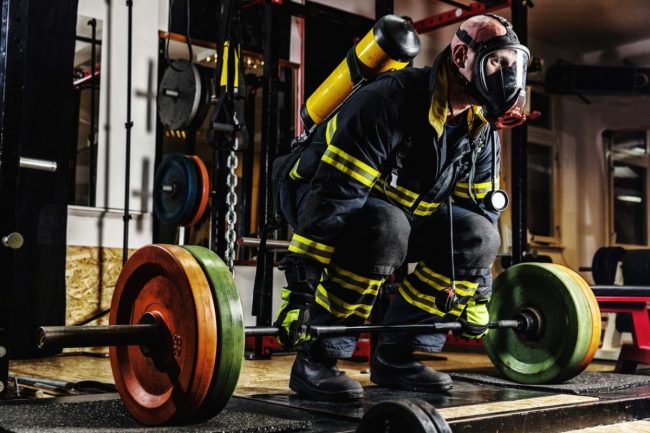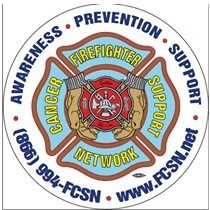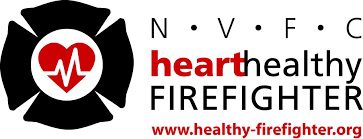Firefighter Fitness & Health
 We lose the right to be out of shape the day we take the oath. It’s not personal; it’s professional.
We lose the right to be out of shape the day we take the oath. It’s not personal; it’s professional.
The foundation of a prepared firefighter is fitness. Firefighting is a physically demanding job that requires us to show up fit. That leads to the question: why are there so many out-of-shape firefighters?
It has been reported that more than 70 percent of U.S. firefighters are overweight or obese, exceeding the national average for adults and presenting a major threat to their health, wellness, and credibility. It ultimately raises concerns about their survival and that of the people they serve.
In a job built on the qualities of honor, integrity, and discipline, how have so many allowed their fitness to slip? Before I answer the question, let’s define fitness and what that looks like for a firefighter.
Our job is time-dependent. There is a clock ticking on the lives of the people trapped inside, so our work capacity is the most critical aspect of our fitness because work capacity is how much work we can get done in a given period of time. Thus, firefighter fitness comes down to work capacity, which is determined by our skill set, mindset, strength, speed, endurance, power, and ability to recover and do it again.
Our physical performance will make the difference between life and death for others, so our ability to do the most effective work in the least amount of time is at the heart of firefighter fitness and gives our citizens the greatest chance of survival. Notice I didn’t say anything about physical appearance because training for physical appearance will not guarantee physical performance. Still, I assure you if we train for performance, the appearance will follow, meaning your body composition will be able to meet the job’s demands.
John Spera, Fire Engineering Magazine
 Firefighter Cancer Support Network
Firefighter Cancer Support Network
We help firefighters and their families cope with cancer
FCSN is a 501(c)(3) organization established by Los Angeles County Firefighter Paramedic Michael Dubron, a survivor of stage IV colon cancer. Today, FCSN’s key supporters and partners include the International Association of Fire Fighters (IAFF), the International Association of Fire Chiefs (IAFC), the National Volunteer Fire Council (NVFC), Firefighter Close Calls (FFCC), and the National Fallen Firefighters Foundation (NFFF), among many other respected fire-service organizations. FCSN is a founding member of the Fire Service Occupational Cancer Alliance. We also work with the American Cancer Society and the Live Strong Foundation.
 Firefighter Behavioral Health Alliance
Firefighter Behavioral Health Alliance
Saving Those Who Save Others
The mission of Firefighter Behavioral Health Alliance is to collaborate, develop and implement behavioral health awareness, prevention, intervention, and post crisis strategies to provide firefighters with an easily accessible and confidential source of information.
U.S. Fire Administration
Firefighter health, wellness and fitness
If you are a firefighter looking for tips to improve your overall health and fitness, or a fire department leader developing or enhancing a wellness-fitness program, these resources can help.
Firehouse.com
The Firehouse.com Health & Fitness product category is a collection of information, product listings and resources for researching various firefighter health and fitness equipment, including physical training, exercise equipment, firefighter health, nutrition options.
IT TAKES A PERSON WITH HEART TO DO YOUR JOB.
KEEP IT STRONG.
The NVFC Heart-Healthy Firefighter Program is the only national program dedicated to saving America’s firefighters and EMS personnel from their leading cause of on-duty death: heart disease. We invite firefighters, EMS personnel, and their families to explore the site to find out how easy, fun, and rewarding it is to get healthy. It takes a person with heart to do their job. Let’s help keep them healthy.
Health & Wellness
The health and wellness topic covers fitness, nutrition and physical preparation for firefighting. On this page, you’ll find tips on exercising around the firehouse, eating right and dealing with the stress. Learn to do proper fire rehab and stay informed about firefighter health to avoid the injuries and illnesses, like heart disease, that are common killers in the fire service.
PROTECTING OUR RESPONDERS: THE IMPORTANCE OF A DEPARTMENT HEALTH AND WELLNESS PROGRAM
Share the Load™ Support Program for Fire and EMS
Most people are aware of the physical demands that first response activities place on firefighters and EMS providers. But it is important to also realize the impact that fighting fires and responding to emergencies has on the mental wellbeing of emergency personnel. Firefighters and EMS providers face the risk of many behavioral health concerns such as anxiety, depression, burnout, post-traumatic stress disorder, and addiction among others.
Click the link above to learn more



